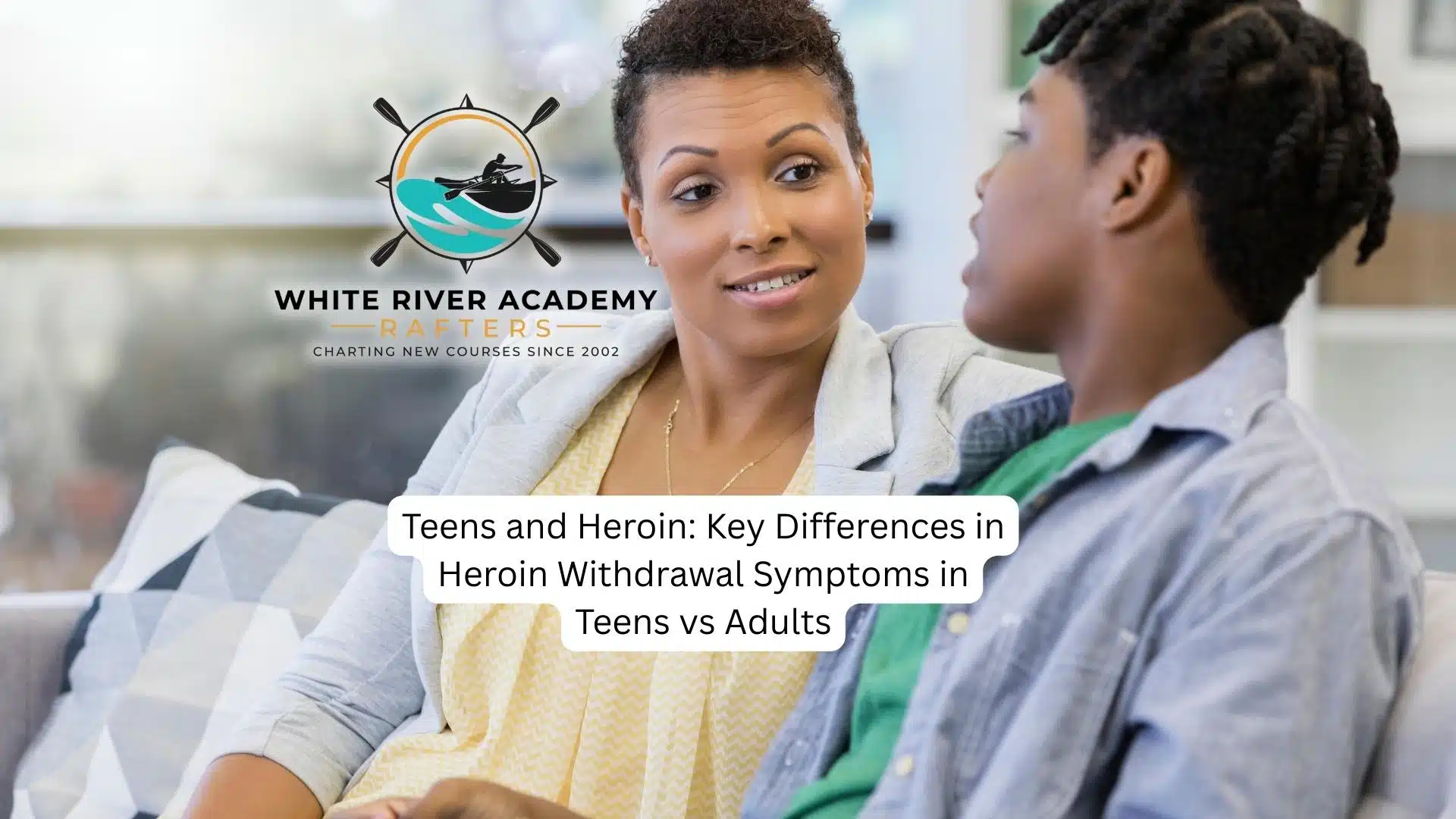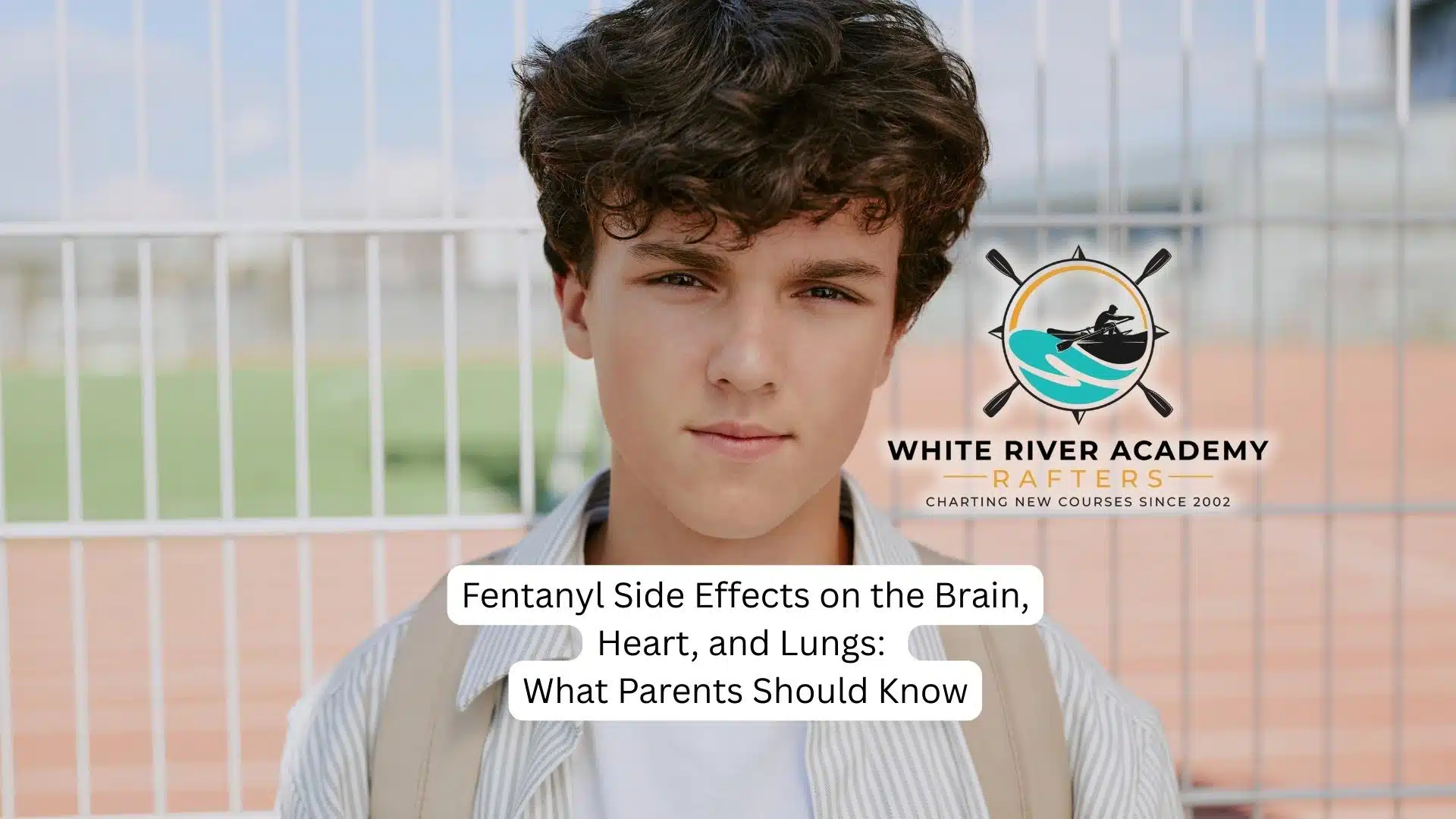Depression in adolescent boys often manifests differently than in girls, making it easy to overlook or misinterpret as normal teenage moodiness or defiance. However, recognizing the warning signs early is essential—untreated depression is closely linked to academic struggles, substance use, social withdrawal, and an increased risk of suicide among teens.
This article outlines clinically recognized symptoms of depression in teenage boys and provides insight into how early identification and support can guide your child toward a healthier path and lasting emotional recovery.
Unexplained Anger and Aggressive Outbursts
Although depression is often associated with sadness and emotional withdrawal, teenage boys frequently express their distress through externalizing behaviors—namely persistent irritability, anger, and aggression. These outbursts are not simply signs of typical adolescence; rather, they can be key indicators of underlying emotional pain that boys may struggle to articulate.
Research shows that adolescent boys with depression are more likely than girls to exhibit irritable and angry behavior, often using aggression as a defense against feelings of vulnerability. This emotional pattern can damage relationships, hinder communication, and increase social isolation—ultimately worsening the depressive cycle.
Addressing these symptoms early with professional support is essential. Evidence-based treatments such as cognitive behavioral therapy (CBT), dialectical behavior therapy (DBT), and interpersonal therapy (IPT) have proven effective in helping teens manage anger, reframe negative thoughts, and develop healthier ways to express emotions and build connections.
Withdrawal From Friends and Social Activities
Social withdrawal—including avoiding friends, quitting sports, and retreating into their bedrooms—is a common and concerning symptom. Persistent withdrawal from peer groups is a strong predictor of major depressive disorder in adolescents. Isolation not only deepens feelings of loneliness, but also increases the likelihood of academic and behavioral problems.
Declining Academic Performance and School Problems
Academic decline is another key sign. According to the National Institute of Mental Health (NIMH), depression is associated with a 50% increase in the likelihood of declining grades, missed assignments, and school absences among adolescents.
Surveys indicate that depressed students are absent an average of 10 or more days per semester compared to their non-depressed peers. Cognitive symptoms of depression—such as poor concentration, memory issues, and feelings of inadequacy—are significant contributors to academic failure.
Changes in Sleep Patterns and Energy Levels
One of the most common physiological signs of depression in teenage boys is a disruption in sleep and energy, as 20%–30% of depressed teens experience either insomnia or hypersomnia. This sleep disturbance often leads to daytime fatigue, reduced motivation, and lower participation in daily activities, further exacerbating depressive symptoms.
Physical Complaints Without Medical Cause
Depression frequently manifests as unexplained physical symptoms in teenagers. Depressed adolescents report frequent headaches, stomachaches, and other somatic complaints, with no identifiable medical basis, in up to 40% of cases.
Such physical complaints can represent the body’s way of expressing psychological distress, and these symptoms can persist without improvement unless the underlying mental health condition is addressed.
Risky Behaviors and Substance Abuse
If your son is struggling with depression, he is more likely to engage in risky behaviors compared to his peers. Studies from the Substance Abuse and Mental Health Services Administration (SAMHSA) indicate that approximately 50% of teens with depression also experience substance use disorders.
Engaging in activities like reckless driving, substance abuse, or unprotected sex may signal attempts to cope with emotional pain. These behaviors increase the risk of accidental injury and suicide.

Loss of Interest in Sports and Hobbies
A marked loss of interest in previously enjoyed activities—such as sports, hobbies, and extracurriculars—is a classic symptom of depression known as anhedonia. Disengagement from valued routines and hobbies is strongly correlated with depressive symptom severity in boys. This withdrawal can worsen isolation and remove a key coping mechanism for stress.
Excessive Gaming or Internet Use as Escape
Many teenage boys with depression turn to online gaming or excessive internet use to escape from real-life stress and responsibilities. Most of the teenagers reporting depressive symptoms also experience extended daily gaming or internet use (more than three hours per day). This avoidance pattern replaces face-to-face interactions and can worsen both isolation and the severity of depressive symptoms.
Why Recognizing Depression Matters
Noticing these warning signs—and understanding they are not just “typical” teenage phases—can be life-saving. Early identification and intervention are key. In fact, untreated depression is the leading risk factor for suicide in adolescents, which is the second leading cause of death for individuals aged 15–19 in the United States. Prompt professional evaluation and evidence-based treatment, such as cognitive behavioral therapy or medication when clinically indicated, significantly improve outcomes.
Final Thoughts from White River Academy
Recognizing the signs of depression in teenage boys is not always straightforward, but it is critical. Many symptoms—like irritability, isolation, or excessive gaming—can be easily dismissed as normal adolescence. However, when these behaviors persist or intensify, they may point to a deeper struggle that demands attention.
White River Academy’s therapeutic programs in Utah offer structured residential care designed to support your teen’s emotional, behavioral, and academic growth through a personalized, therapeutic approach that promotes self-esteem and life skills development. If your teen boy is facing emotional or behavioral challenges, don’t wait to seek help. Our team is committed to providing the comprehensive care and support needed to guide him toward healing, building resilience, and long-term success.




